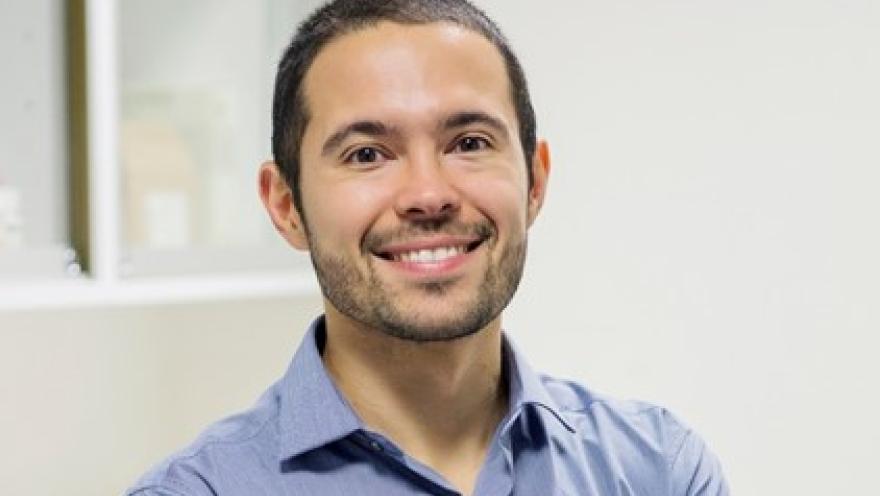The Association is pleased to continue on the tradition of supporting bright, young scientists in ALS research through the Milton Safenowitz Postdoctoral Fellowship Program. This year, we are supporting six new postdoctoral fellows out of a highly competitive applicant pool. In this series, we highlight the dedication and unique contribution each fellow makes to ALS research. Today, we feature Dr. Bruno Miguel da Cruz Godinho from University of Massachusetts Medical School.
The Milton Safenowitz Postdoctoral Research Program, falls under our TREAT ALSTM Global Research Program and was founded by the Safenowitz family through the Greater New York Chapter of The Association. Mr. Safenowitz died of ALS in 1998 and the family and chapter continues its support to this day. Each award is for $100,000 over a two year period.
These awards are designed to encourage and facilitate promising young scientists to enter the ALS field and most importantly, to remain. Lending to the success of our program, over 90 percent of our postdoctoral fellows go on to start their own ALS research laboratories and then mentor their own young scientists.
Here we highlight each of our postdoctoral fellows awarded in 2016 in a series to learn more about their exciting studies and get to know the person behind the bench. Our third featured fellow is Dr. Bruno Godinho who is exploring silencing common inherited gene mutations – SOD1 and C9orf72 – as a possible gene therapy strategy for ALS.
Bruno Miguel da Cruz Godinho, Ph.D.
Mentor: Robert Brown, Jr., M.D., Ph.D., University of Massachusetts Medical School, Worcester, Mass.
Project: Silencing mutant SOD1 and C9orf72 in vivo using innovative hydrophobic siRNA scaffolds: a novel therapeutic path for the treatment of ALS
What is the impact of your research?
The research project that I am currently carrying out may establish the foundation for the development of effective ALS silencing drugs that could improve the quality of life of ALS patients.
Why do you love working in ALS research?
It is a great honor to be able to actively participate in advancing potential therapeutic strategies for the treatment of ALS. In addition, I feel it is a great privilege to be surrounded by such an extremely talented and passionate scientific and patient community that works together to fight this debilitating disease.
Tell me something unique about yourself.
Enthusiastically curious about the complex intricacies of life, and passionate about world exploration, I am always delighted to ask, hear and travel.
Who are your heroes?
I have great admiration for the Portuguese discoverers that dared the sea and explored the world, but my true heroes brought me up with good values and outstanding integrity - my parents.
Bruno’s project was generously provided by the Christopher Pendergast from Ride for Life. Read more about his project here.
Read more about this year’s postdoctoral class here in our press release.


Join the conversation. Please comment below.